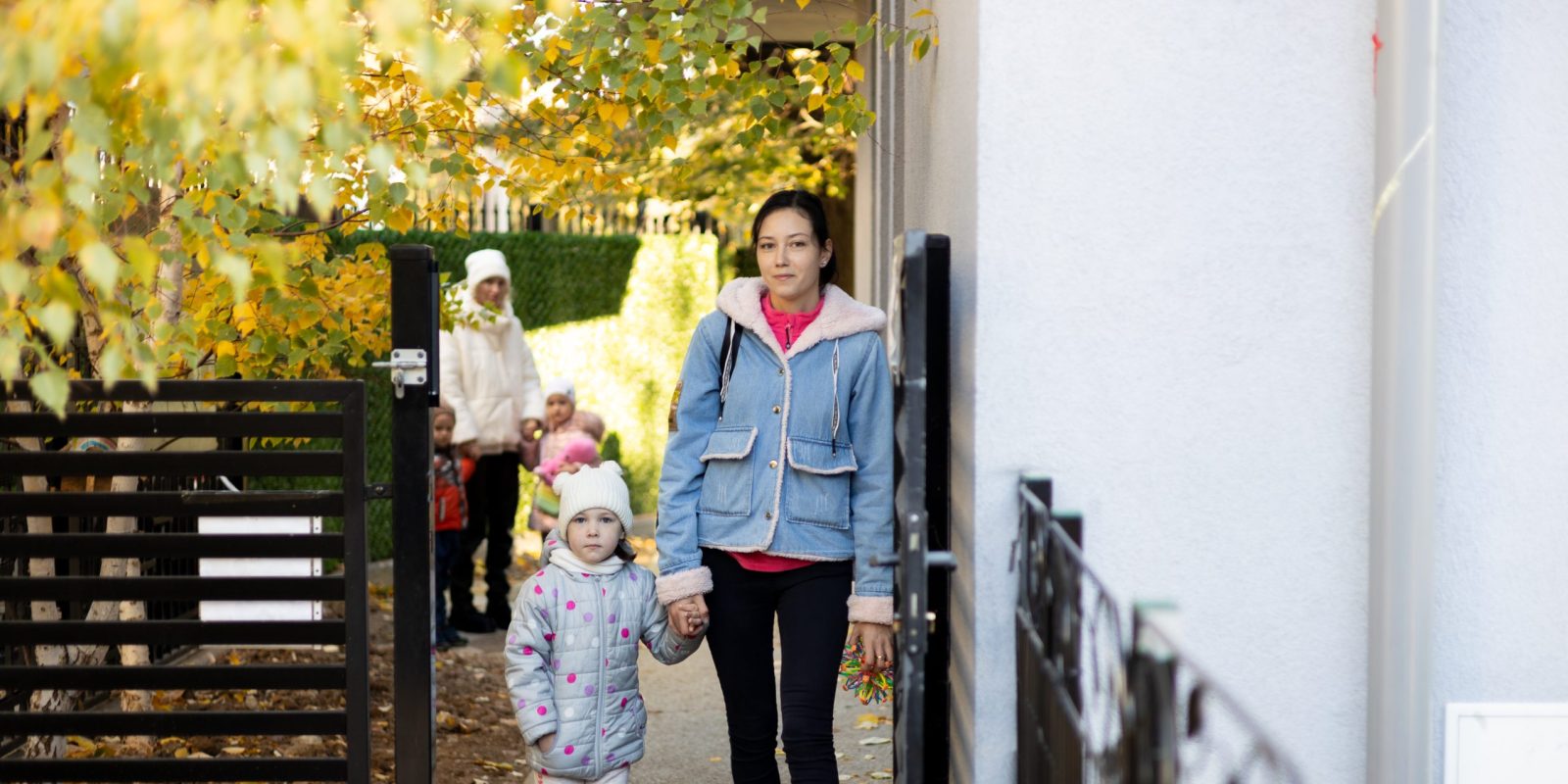
Brussels, 31 July 2013 – During 2012, Pueblos Unidos visited 328 migrants detained in Madrid. From these experiences they conclude that not only is detention used too frequently, but conditions remain poor and harmful for migrants.
A central concern is that Spain does not yet have a firm legal basis for managing the detention centres. Without a regulation in place, the running of Spain’s detention facilities are based on practices developed over the years by the police, who are tasked with managing the facilities. The absence of a firm legal basis for detention means that migrants are left without appropriate procedural safeguards and guarantees to exercise their fundamental rights.
Another concern is that NGOs face too many restrictions with visiting detained migrants. Currently, NGOs meet with detainees one at a time in the visitation area. Such visits can only occur if the detainee specifically requests it. According to Pueblos Unidos, these restrictions make it extremely difficult to monitor conditions of detention and detainees’ well-being.
The Spanish authorities’ refusal to allow NGOs to visit detention centres more freely may be in contravention to the EU Return Directive. In a reply to parliamentary question on May 2013, European Commissioner for Home Affairs Cecilia Malmström said, “Member State’s repeated refusal to visit detention facilities without objective justification would therefore undermine NGOs right enshrined in Article 16(4) [of the Return Directive] and could be considered as an infringement.”
Earlier this month, JRS Europe’s Philip Amaral accompanied Pueblos Unidos staff on a visit to the Madrid detention centre, also known as CIE Aluche. “The facility looks very much like a prison. Migrants are housed in wings with barred entryways. Each cell accommodates up to eight persons on metal bunk-bed frames. There is no privacy whatsoever, not even in the communal showers placed within each wing. Thick blue screens cover all windows facing the street, isolating detainees from the outside world”, says Mr Amaral.
According to Mr Amaral, even the visitation area resembles a prison: “Visits occur in a room with a line of booths that have thick glass windows and telephones that detainees and visitors must use to speak with each other”.
During their research, Pueblos Unidos spoke with detainees who said they had been abused. One man said he was beaten by the police after trying to obtain medical assistance for a sick friend detained with him.
Persons can report physical abuse to the medical staff, who are supposed to document them. But rather than giving these reports to the ‘investigating judge’ assigned to the detention centre, they are given to the police who run the centre. Pueblos Unidos argues that this model discourages proper investigations of abuse, which according to them have happened frequently during the last few years.
“The entire centre is run with too much emphasis on security and control”, says Mr Amaral. “In this environment, detained persons become frustrated and angry, because they are held in a prison-like facility even though they may have not committed a crime”. In their report, Pueblos Unidos writes that only 27% of the persons they met with had criminal records, which is far less than the estimates made by the police.
Though Spain’s 60-day maximum time limit is short compared to other EU countries, it is easy to see that detained migrants are vulnerable to severe psychological harm. “Only basic medical care is provided. Persons who need psychiatric care are referred to providers outside of the centre, but for that to happen people need to be properly assessed, and these procedures are not adequate”, says Mr Amaral.
“Being deprived of one’s liberty in a bleak prison environment for even one month, with no access to privacy or meaningful social activities, and being completely segregated from the outside world, is a recipe for mental health deterioration”, argues Mr Amaral.
In December 2011, a 34-year-old Congolese woman, Samba Martine, died while being held in the Madrid detention centre. She arrived there after being detained for three months in Melilla, where authorities saw that she was seriously ill. Upon arrival to Madrid, she did not receive a health check, and nor was there any communication between the medical staff of either centre. Ms Martine died without receiving a diagnosis and treatment.
“In order to prevent such tragedies, detained migrants must have access to medical professionals who can do proper screening and assessment so that people with particularly severe vulnerabilities can be kept out of detention”, says Mr Amaral.
Being deprived of one’s liberty in a bleak prison environment for even one month, with no access to privacy or meaningful social activities, and being completely segregated from the outside world, is a recipe for mental health deterioration.

